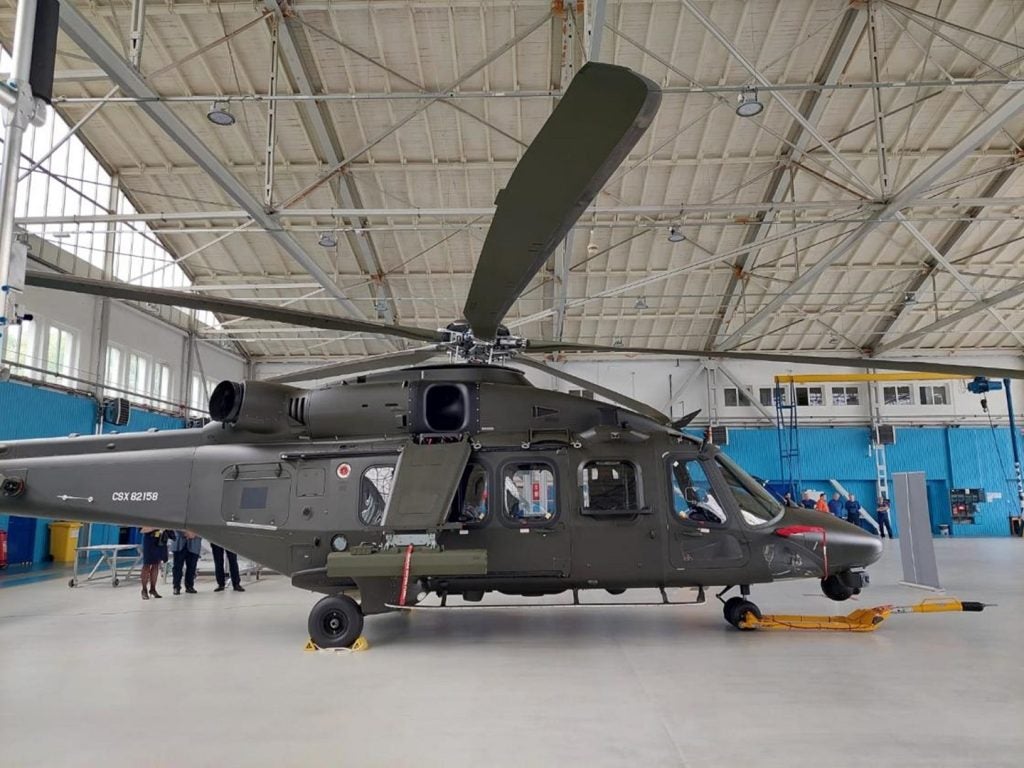
The US Defense Advanced Research Projects Agency (DARPA) has announced the development of artificial intelligence (AI)-enabled technologies to assist military personnel.
These technologies are designed to enable the military workforce to perform complex tasks, expand skills, and reduce errors.
The initiative will be carried out under its Perceptually-enabled Task Guidance (PTG) programme.
DARPA Information Innovation Office (I2O) programme manager Dr Bruce Draper said: “In the not too distant future, you can envision military personnel having a number of sensors on them at any given time, a microphone, a head-mounted camera, and displays like augmented reality (AR) headsets.
“These sensor platforms generate tonnes of data around what the user is seeing and hearing, while AR headsets provide feedback mechanisms to display and share information or instructions.”
The PTG programme is focused on the development of virtual ‘task guidance’ assistants that can provide ‘just-in-time visual and audio feedback’.
How well do you really know your competitors?
Access the most comprehensive Company Profiles on the market, powered by GlobalData. Save hours of research. Gain competitive edge.

Thank you!
Your download email will arrive shortly
Not ready to buy yet? Download a free sample
We are confident about the unique quality of our Company Profiles. However, we want you to make the most beneficial decision for your business, so we offer a free sample that you can download by submitting the below form
By GlobalDataThis feedback will further help human users to widen their skillsets and reduce errors.
Draper added: “Increasingly we seek to develop technologies that make AI a true, collaborative partner with humans.
“Developing virtual assistants that can provide substantial aid to human users as they complete tasks will require advances across a number of machine learning and AI technology focus areas, including knowledge acquisition and reasoning.”
During the early 2000s, DARPA introduced the Personalized Assistant that Learns (PAL) programme to create cognitive computing systems that enable efficient decision-making to the military.







